Page 130
Object pronouns
| Subject pronouns | Object pronouns |
| I you he she it we you they | me you him her it us you them |
I live near Peter. I live near him.
The teacher said 'hello' to my brother and me. The teacher said 'hello' to us.
Note that for things we use it (singular) or them (plural).
You're into football. You're good at it.
I love volleyball and tennis. I'm good at them.
He lives next to the cinema. He lives next to it.
They live near the shops. They live near them.
Usage
We use object pronouns in place of names or nouns. We use them after verbs and prepositions.
Past simple: affirmative and negative
| Affirmative | Negative |
| I looked at the photos. He / She / It saw the film. We / You / They made a special picture. | I didn't look at the photos. He / She / It didn't see the film. We / You / They didn't make a special picture. |
To make the affirmative form of past simple regular verbs, add -ed to the base form of the verb. Irregular verbs each have their own past simple form.
We make the negative form of both regular and irregular verbs with did not plus the base form. We usually use the contraction didn't.
I didn't watch that Harry Potter film on Monday.
She didn't go to the film festival.
Remember: use didn't to make the past simple negative.
I didn't see that famous actor on TV last night. NOT I not saw that famous actor on TV last night.
But don't use didn't in negatives with be.
That film wasn't very good. We weren't interested in the story.
Past simple: questions
| Auxiliary verb | Subject | Verb |
| Did | I / you / he / she / it / we / you / they | like the book? watch the film? see the actor? win the race? |
We make the question form with the auxiliary verb did plus the base form of the verb.
Did you play a video game last night?
Did he listen to that radio programme?
Did she take the photo?
Did they finish the book?
| Question word | Auxiliary verb | Subject | Verb |
| What Where When Who What time How often | did | I / you / he / she / it / we / you / they | help? play? visit? study? teach? |
Question words go at the beginning of questions.
Where did the film director go to school?
Why did she make that film?
How many Oscars did they win?
When did you first see the new film?
Remember: don't use did in questions with be.
Was she interested in that film director?
Were you at the cinema yesterday?
We make short answers with the auxiliary verb only.
'Did you see the film?' 'Yes, we did.'
'Did they enjoy the programme?' 'Yes, they did.'
'Did Sara like this book?' 'No, she didn't.'
'Did you know that actor's name?' 'No, I didn't.'
Usage
Use the past simple to describe events which happened at a specific point in the past. For this reason, sentences in the past simple often include a time phrase such as: yesterday, in 2014, two weeks ago, last year.
I saw her five minutes ago.
We made this picture yesterday. I took that photo in 2014.
He won the Oscar last year.
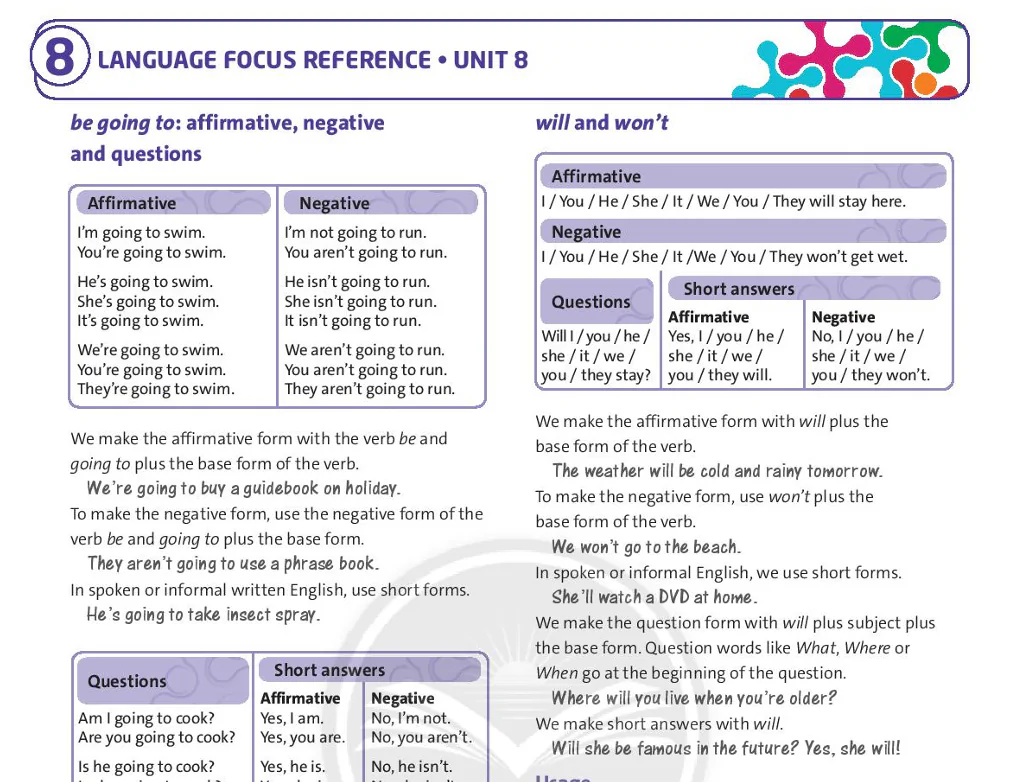
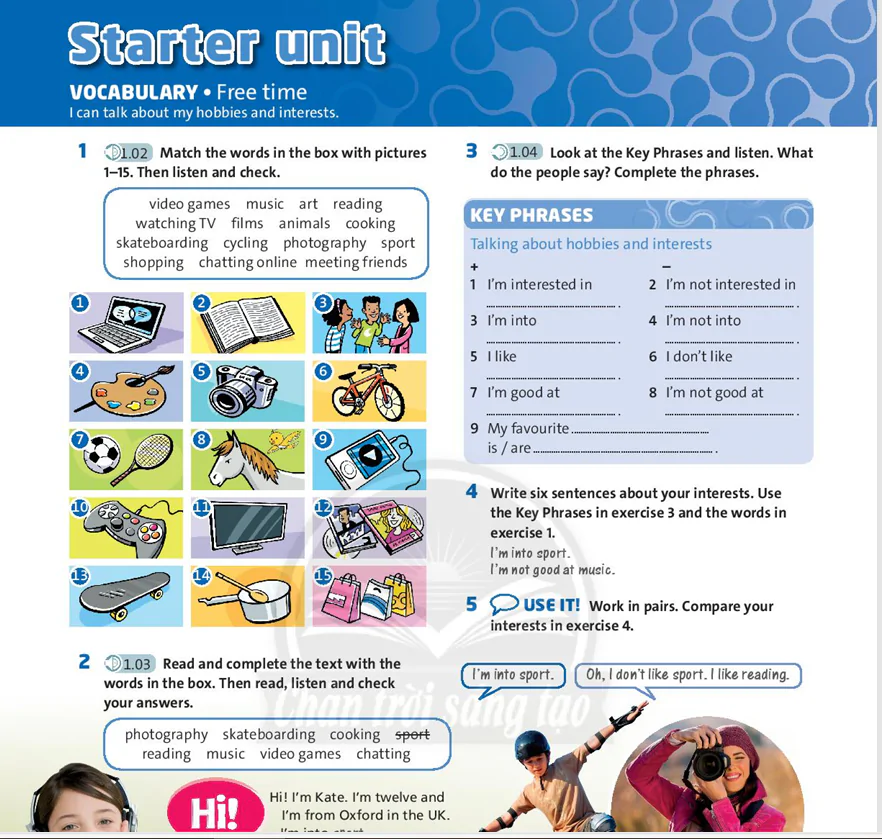
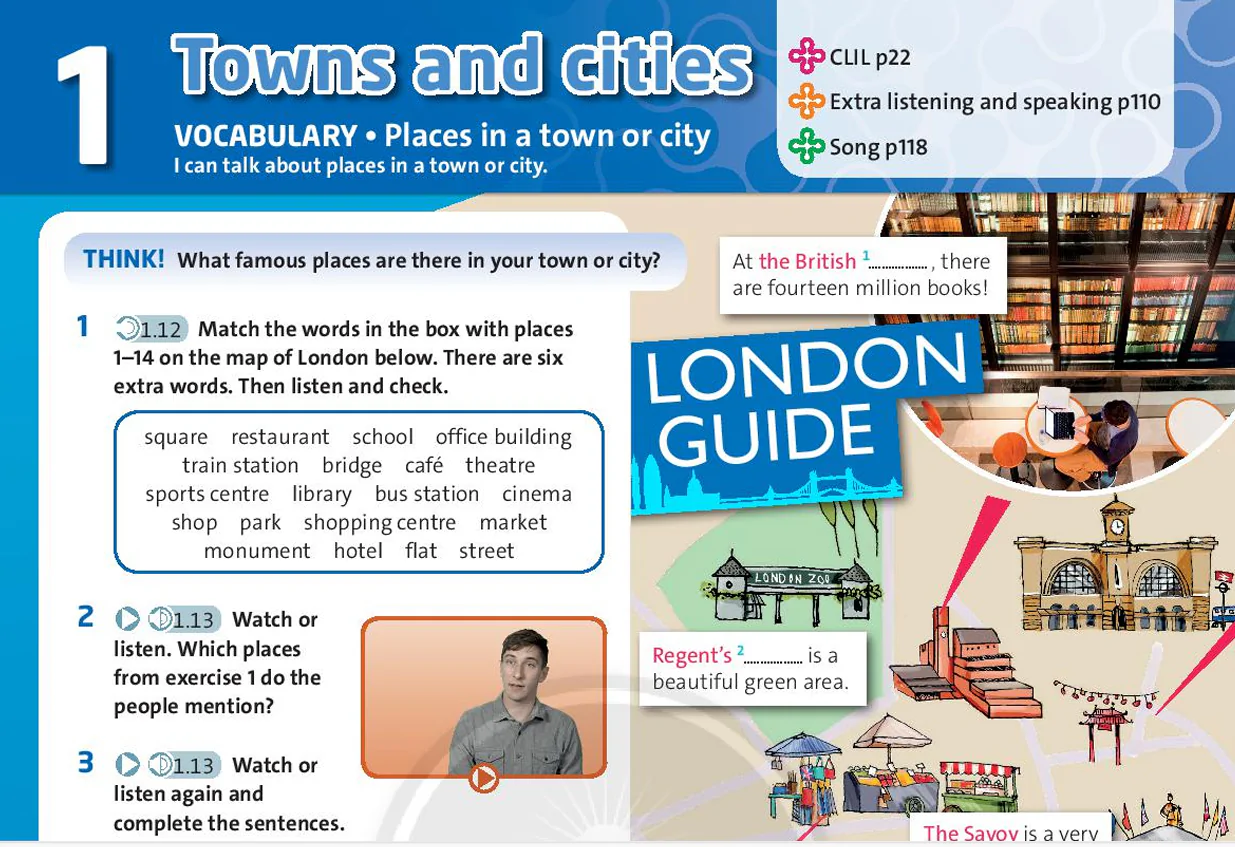
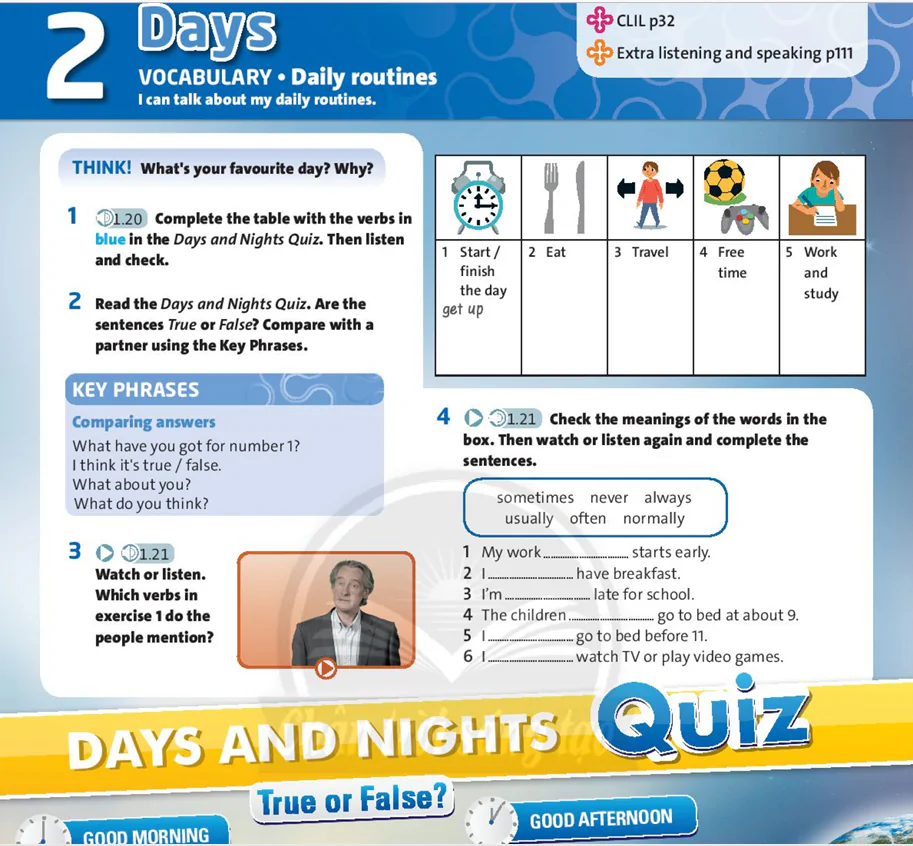
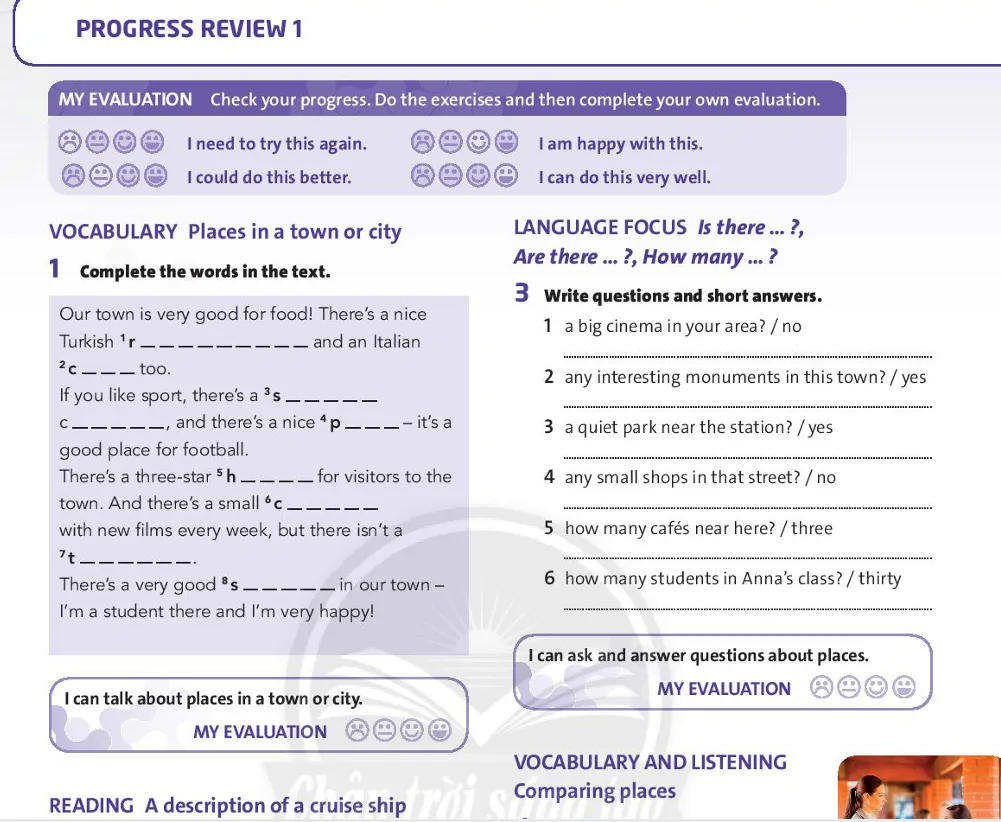
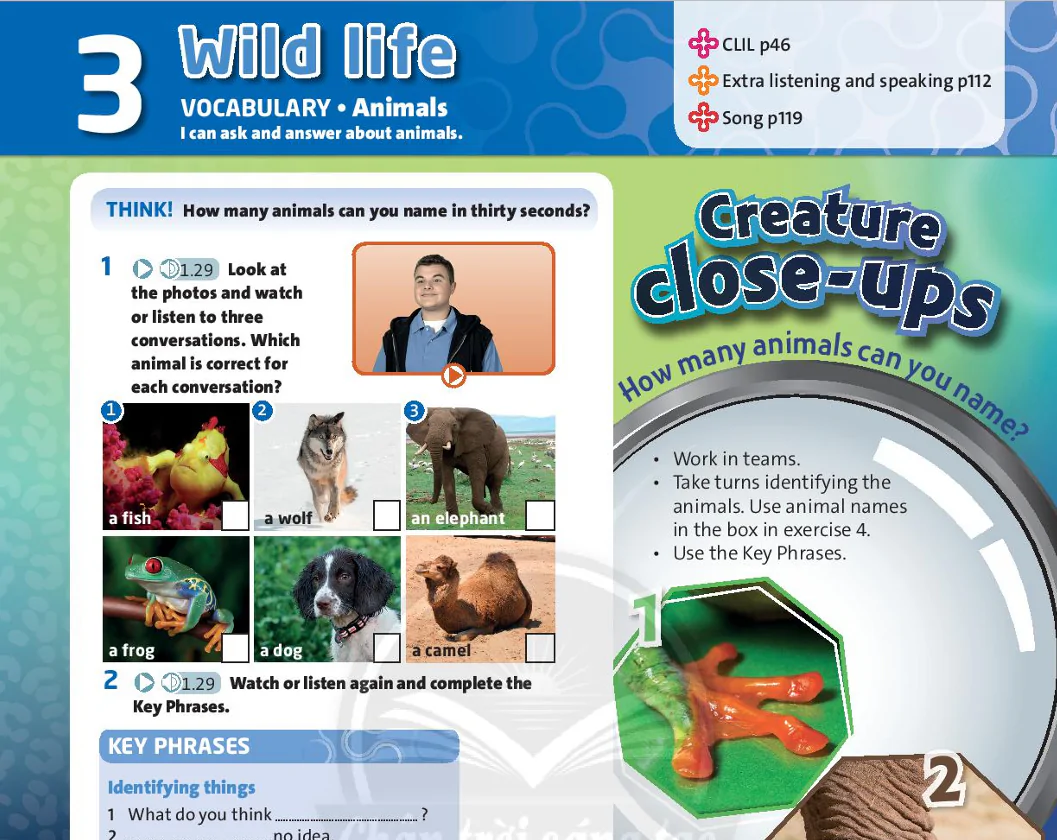

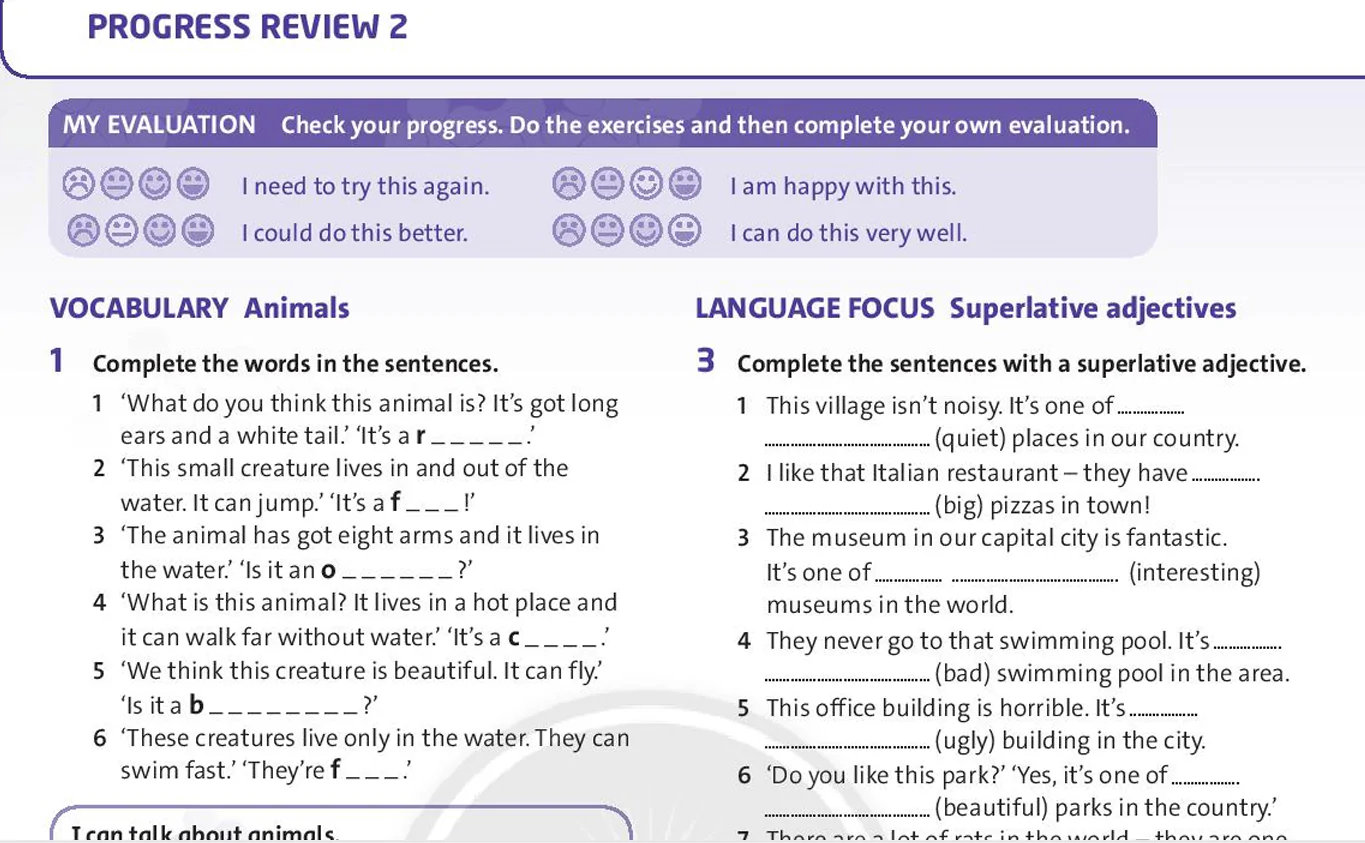

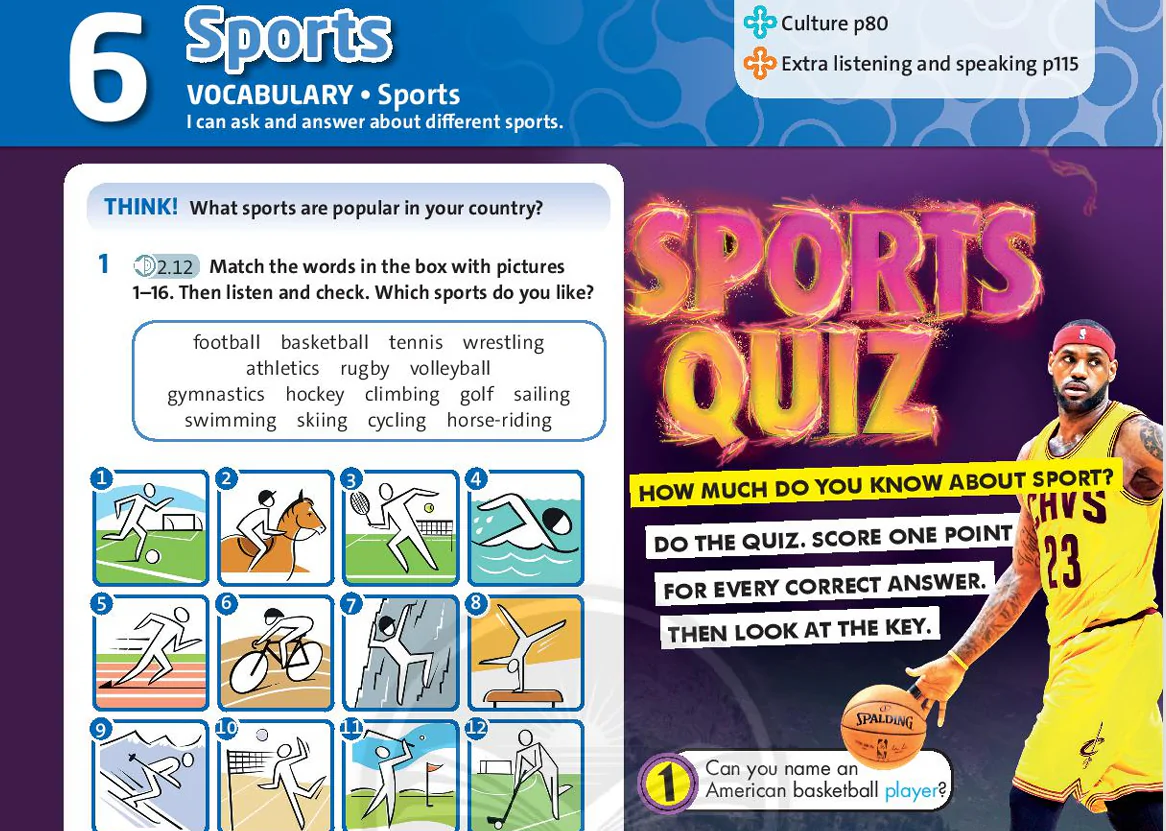
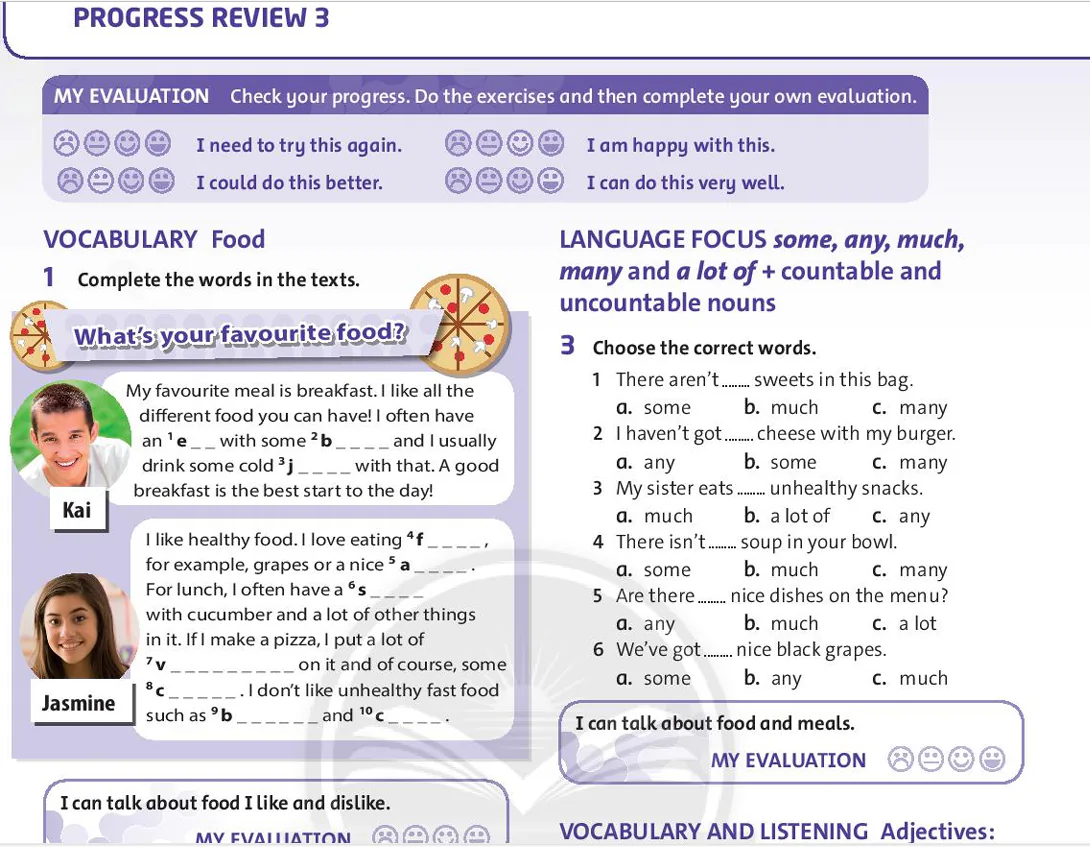
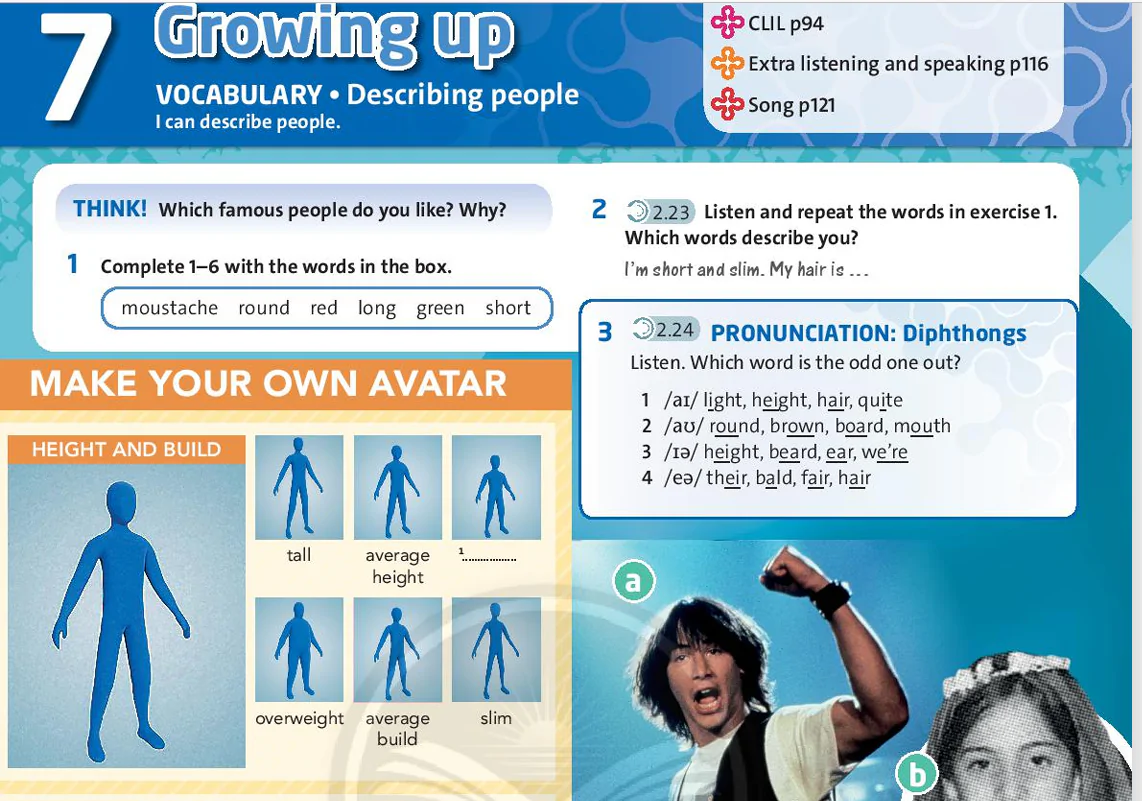

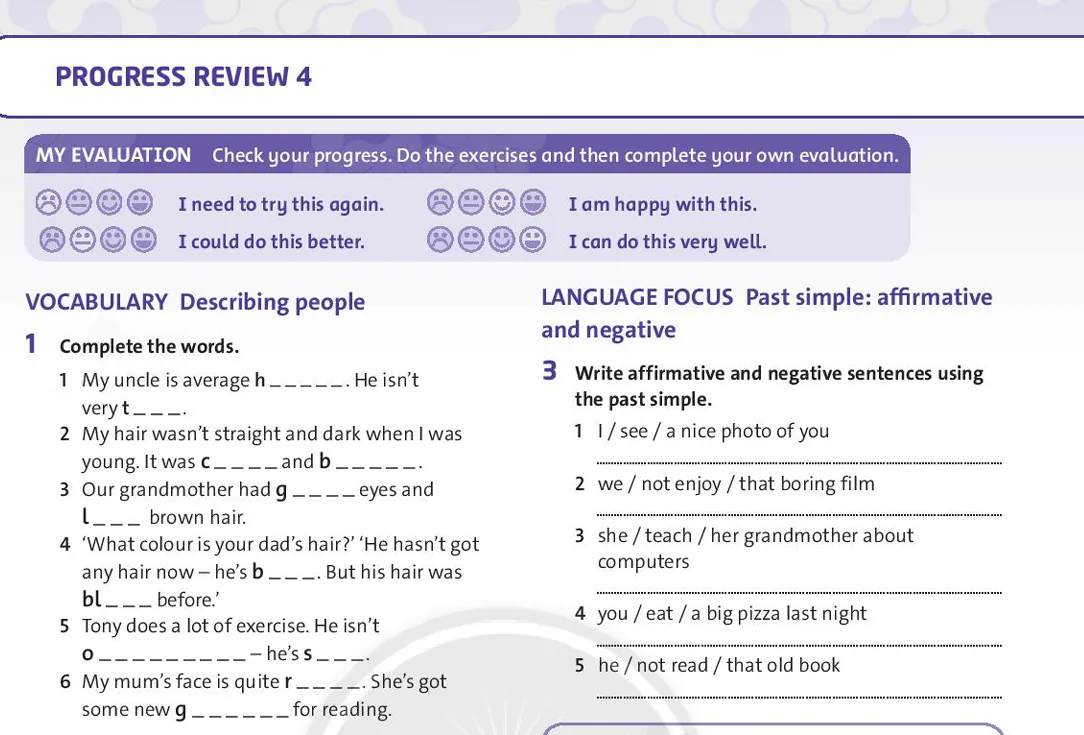
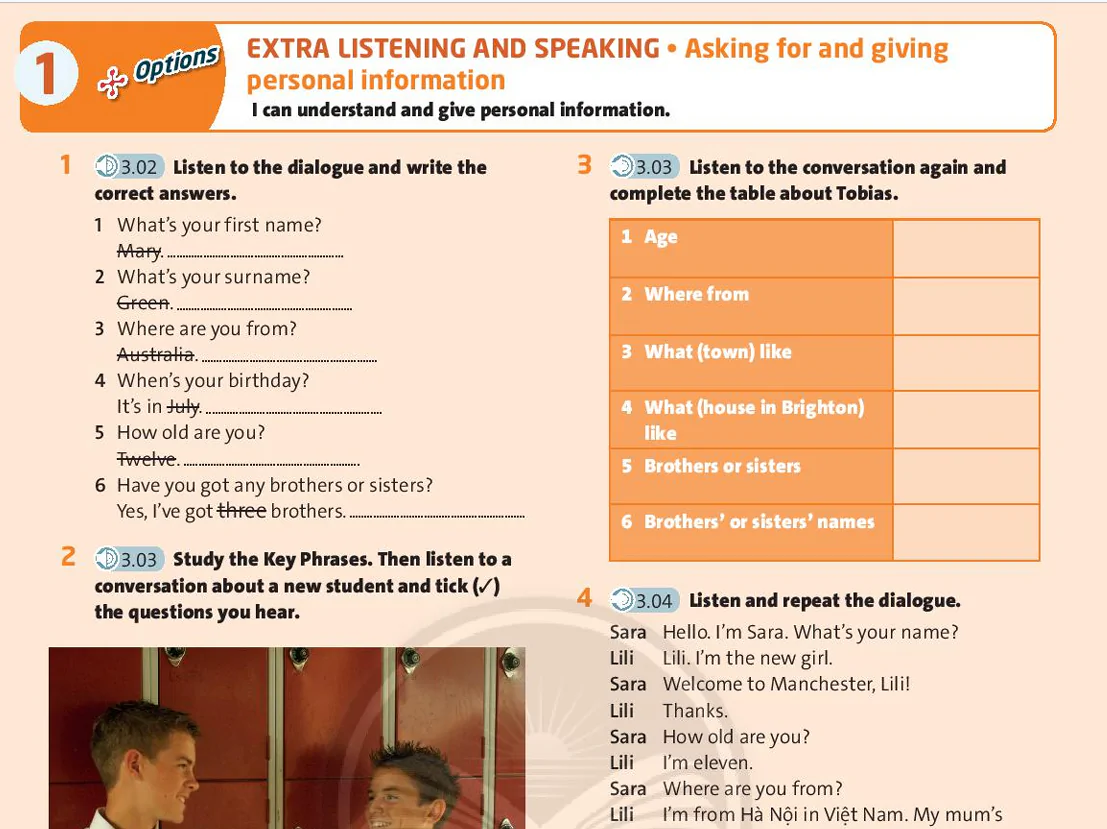
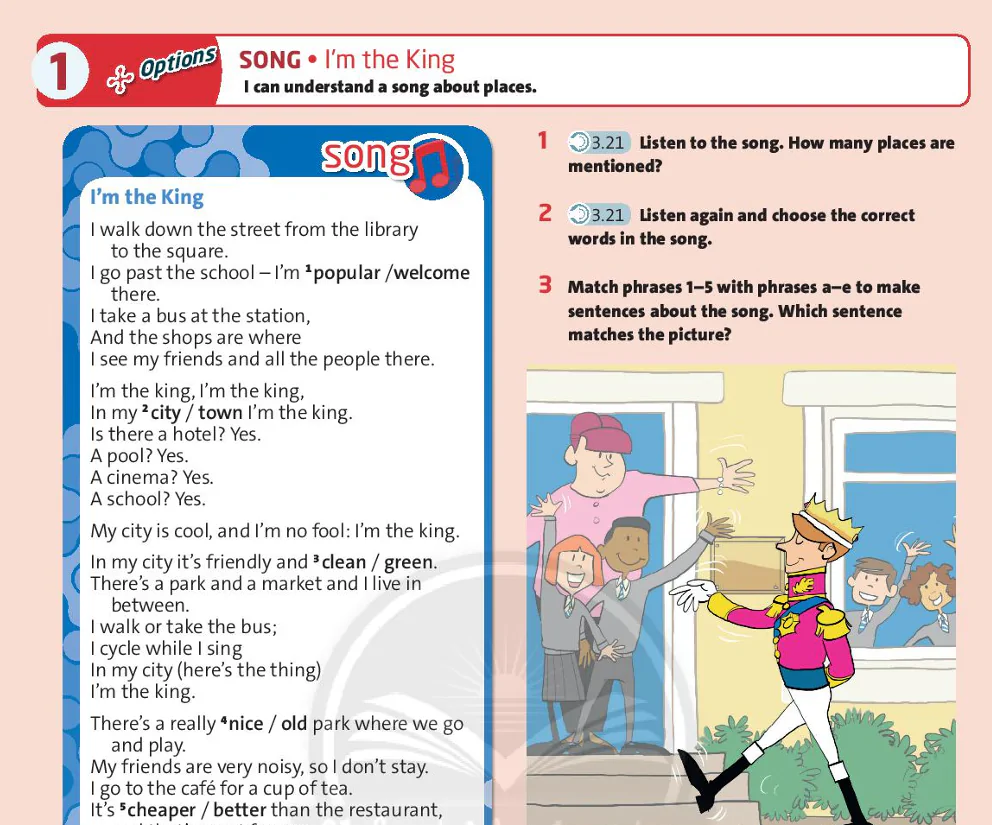
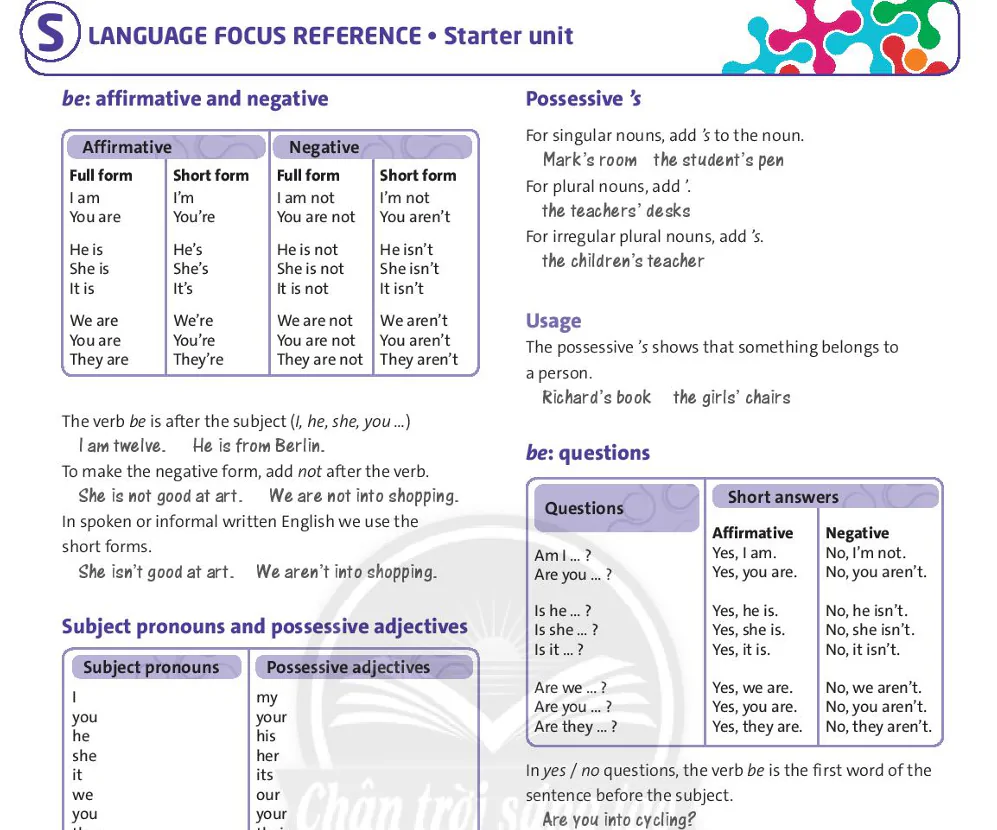
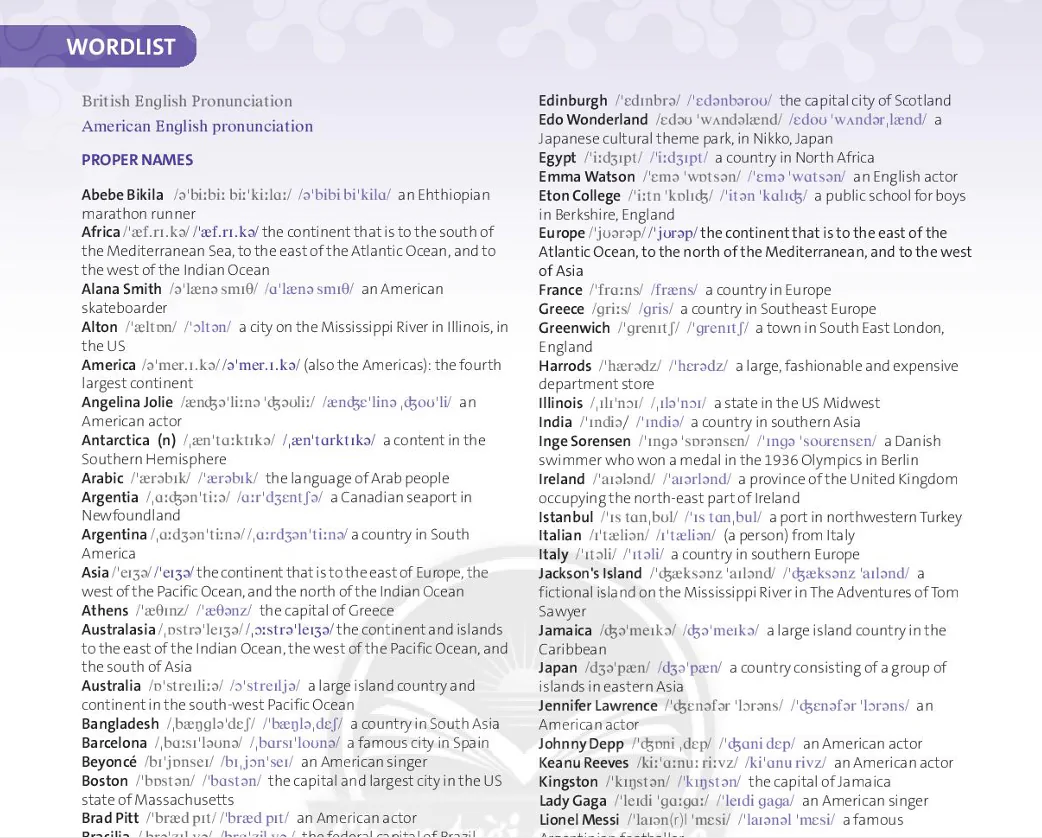



















Bình Luận
Để Lại Bình Luận Của Bạn